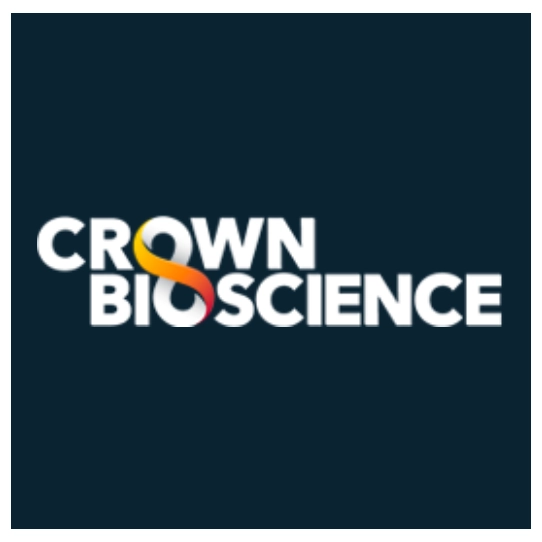Inside Oncology Drug Development: Overcoming Resistance with Science
In the last two decades, oncology has undergone a transformation with over 300 new cancer therapies approved by the FDA—many offering novel mechanisms of action. Despite these innovations, resistance to treatment remains a critical challenge, with cancer cells evolving or adapting to evade even the most advanced therapeutics. This issue is particularly pressing given that resistance often leads to disease relapse, severely impacting patient outcomes and quality of life.
As we develop increasingly precise and powerful cancer therapies, how can we anticipate and overcome the inevitable challenge of drug resistance?
In this episode of Crowncast, host Jonny McMichael, VP of Client Experience & Enablement at Crown BioScience, speaks with Enrico Pesenti, the company’s Executive Director of Client Engagement. Together, they explore the evolving landscape of oncology drug resistance—unpacking the biological mechanisms behind it, the impact on patient care, and the technological breakthroughs helping researchers counter it.
Main Points:
-
Resistance in cancer therapy emerges through both genetic mutations and adaptive, non-genetic mechanisms, presenting a dynamic challenge for drug developers.
-
New technologies—such as single-cell multi-omics, spatial transcriptomics, and CRISPR gene editing—are enabling deeper understanding and more precise modeling of resistance pathways.
-
Translational models like organoids and patient-derived xenografts, combined with AI and machine learning, are helping design better, more personalized therapeutic strategies.
Enrico Pesenti brings over two decades of experience in oncology research and drug development. He previously held leadership roles at Pharmacia and Nerviano and served as CEO of Accelera, a regulatory CRO in Italy. At Crown BioScience, he leads scientific engagement, drawing on deep expertise in pharmacology and personalized cancer therapies.




